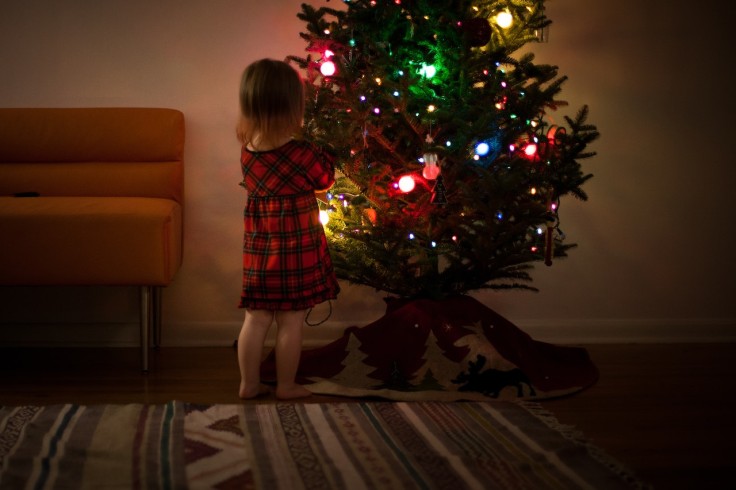
Christmas lights, loud holiday music, bright decorations, the hustle and bustle of the crowds, and even Santa Claus can easily overwhelm a child on the autism spectrum.
Parents and children are surely beginning to make plans for the most wonderful time of the year and are excited to make these plans come to life. Unfortunately, for families with children on the autism spectrum, the long stretch of the Christmas holiday can also be one of the most stressful times of the year.
"The holiday season can be overstimulating for all of us. I can only imagine what it's like for children on the autism spectrum. There's a lot happening both visually and auditory, and it is all packed into this two-month period of time. We're not going to know exactly how they're feeling inside, but based on their behavior and communication, we can get a feel for understanding if they are comfortable or not," the clinical director at Springtide Child Development, Amanda Woodman, expressed.
Change of Routine
Aside from many different things happening, another hurdle for families with autistic children is the sudden change of routine.
Woodman stressed how autistic kids are so used to and comfortable with a routine, and the Christmas holiday is not "a time we see the same thing every day as every day is often very different."
The Insider has gathered tips on how parents with kids on the autism spectrum can support their children amidst the sensory overload and change of routine.
1. Practice for success
As they say, practice makes perfect. Thus, Woodman encouraged parents to practice where they would want to take their children, especially if they want to involve them in Christmas traditions that can be overstimulating.
She suggested that the family visit the place when it is less busy and crowded so the kids could get used to the environment and feel comfortable. During special dinners, set the table beforehand and run through the dinner routine with the kids, so they know what to expect.
2. Social narratives
Tell the kids social stories. These are "written, step-by-step narratives" explaining the specific situations and solutions for a child with a child's perspective in mind.
If the parents are taking the kids to see Santa Claus, tell a story about visiting Santa with the kids part of the story. It will provide them with images and social norms of what will happen.
3. Picture calendars
A picture schedule will greatly help overcome the changes in the daily routine. Print out a blank calendar and use pictures to identify activities such as family visits or opening presents.
Parents can review the calendar with the kids before bed at night to remind them what will happen the next day.
4. Decorate the house together
With the Christmas decorations on display, children on the spectrum may feel uneasy and lose control of how the homes look new. Thus, it is best to decorate the house together. Present the decors and let the children choose what they like, so parents know what they are most comfortable with.
5. Plan how to open gifts
Woodman expressed that one of the hardest things for autistic children is the long period of opening the gifts. They would not be able to wait. Thus, parents should ensure that they open their gifts first. Or, give them something to play with until it's their turn to open their gifts.
6. Be cautious about being affectionate
Obligatory hugs and kisses from family members may not be a good idea for children diagnosed with autism spectrum disorder (ASD) due to sensory issues. Thus, parents should talk to people beforehand and explain how the kids may be hesitant to be affectionate and receive affection. Parents can instead offer other alternatives the kids can be comfortable with, like high fives and fist bumps.
Related Article: Parents of Kids With Disabilities Demand Individualized Funding Given to Kids With Autism